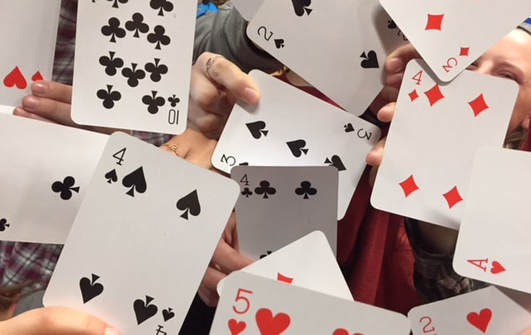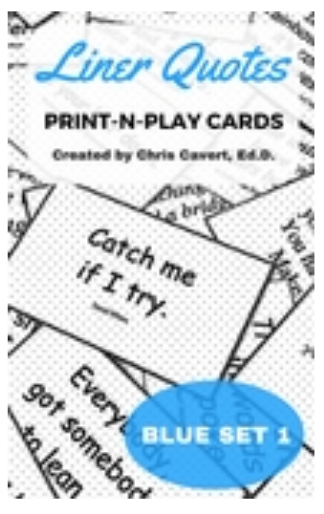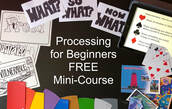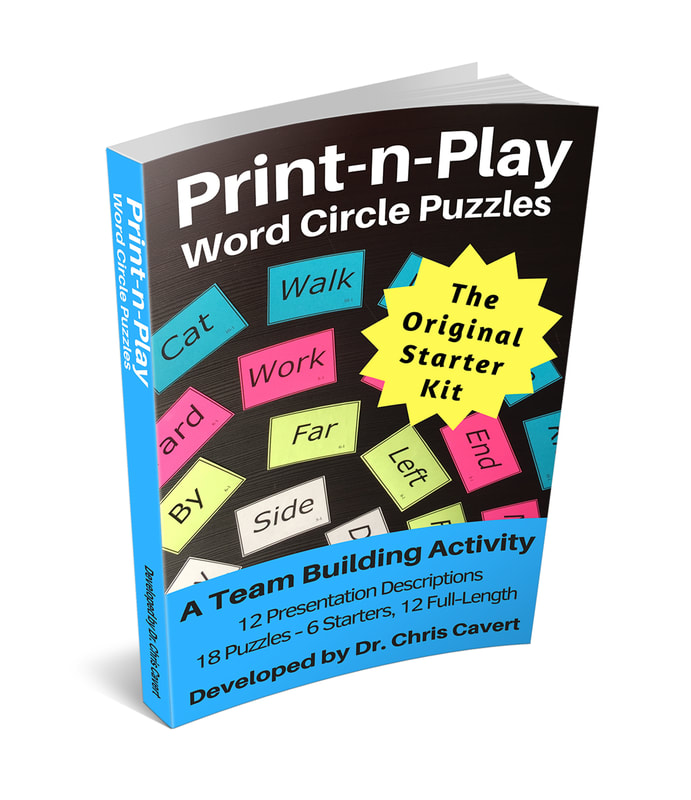Here's the ratio to consider: You want to include one of the tens for every five cards you use (and you can add in more if you want - just my ratio). For example, let's say you have 16 people in your group. Use 14 of the lower numbers and three tens. Okay! Ready to play.
Players will be pairing up with others in the group. To do this just raise a hand and look for someone else raising a hand - this is the signal for, "I'd love to talk with someone." (There is some Challenge by Choice in here. I say, "If you really don't feel like talking to anyone at this time, simply keep your hand down. You are free to mingle around and listen to the sharing going on so you can learn about others, but don't bother any of the conversations.)
- When you learned the directions of the game, how did you feel about your card? Why did you feel that way?
- What was difficult about this activity? What was easy about the activity? Why do some people find something difficult, while others find the same thing to be easy?
- What do you think will be difficult about our program today? What do you think will be easy?
- How will we support each other when some of us are finding something to be difficult?
- If things are too easy for us (maybe boring), how could we challenge ourselves to make something more interesting?
- What did you all think about when you met someone with a 10? Did anyone avoid the players with the 10s? Why do you think we did that?
- How will we treat others in our group that might behave in a way we don't like (have something we don't like)?
- What are the pros and cons of a diverse group of people? How do we want to treat each other today even though we will discover differences about each other?
- Did anyone find something in common with someone else while playing the game? How are we going to find out more about the commonalities we share?
Keep me posted.
Chris Cavert, Ed.D.







 RSS Feed
RSS Feed